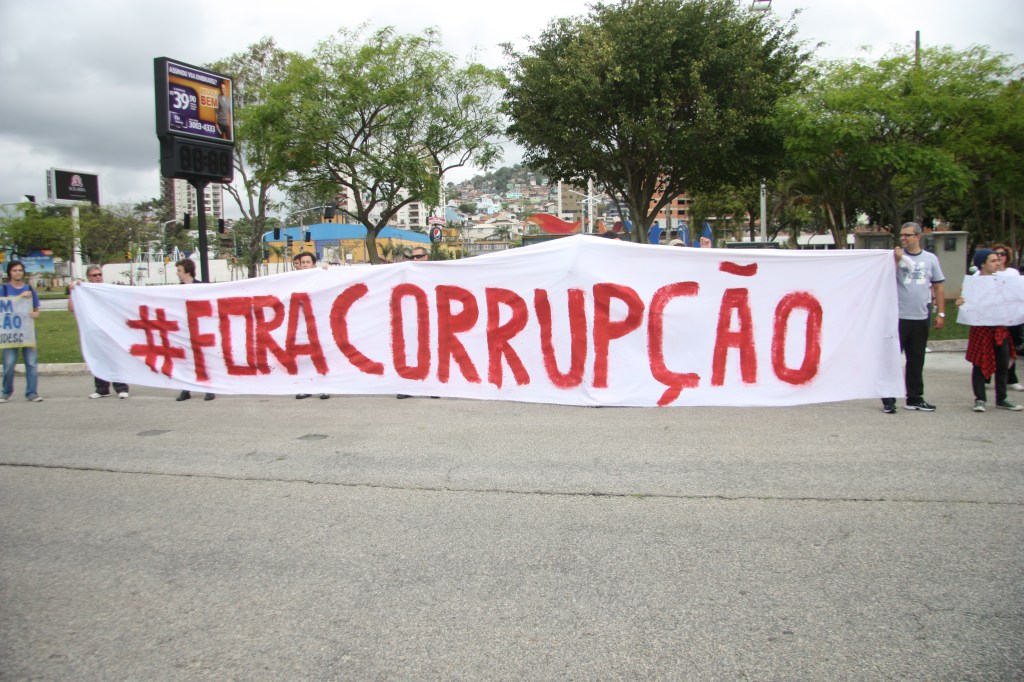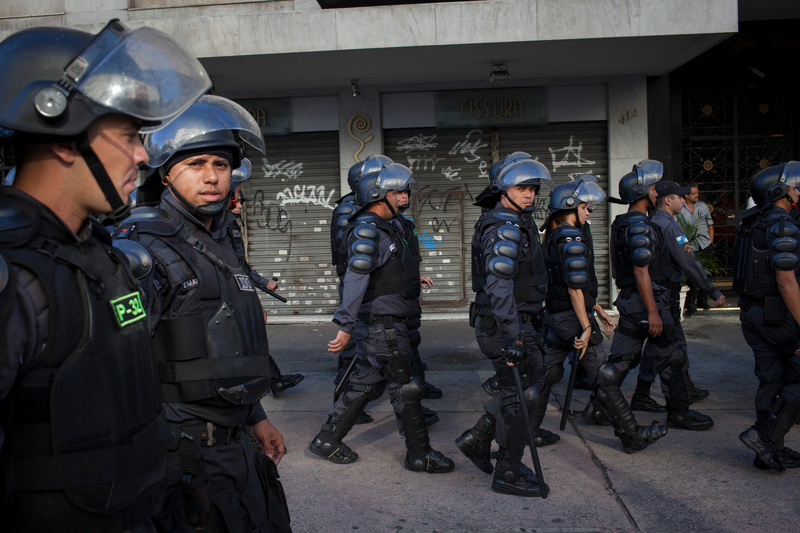The OECD Working Group on Bribery (Working Group) has launched the Phase 4 Report on Brazil (Report) evaluating and making recommendations on the country’s implementation of the OECD Anti-Bribery Convention. The Report evaluated Brazil’s particular challenges and positive achievements. It also explored issues relating to law enforcement, corporate liability and international cooperation.
Brazil ratified the OECD Anti-Bribery Convention in 2000, and as part of the actions to be taken the country enacted Law N.º 12,846/2013 (Brazilian Anti-Corruption Law or BACL). Brazil already had a significant legal framework against corruption, including criminal penalties for individuals under the Brazil Criminal Code which became effective in 1940. However, BACL came into force to make legal entities liable for acts against national and foreign public administration.
Right after the BACL took effect, the Car Wash Operation (Car Wash) brought to light one of the biggest corruption scandals of these times.
The Car Wash operation
Car Wash reverted 20 billion Brazilian reais ($4 billion) to the Brazilian public treasury during the years of investigations carried out by local authorities. International cooperation with the US and Switzerland was crucial in highly complex and long-lasting corruption schemes as observed in the plea agreements of Braskem S.A. and Odebrecht S.A. At the time the operation took place from March 2014 to February 2021, it also resulted in the arrest of high-level executives and significant Brazilian public figures.
The Working Group highlighted Car Wash’s impressive outcomes. A substantial portion of the 60 allegations of foreign bribes known under the scope of the Report arose in the context of Car Wash. Besides the cases involving Braskem S.A. and Odebrecht S.A., J&F Investimentos S.A., a Brazil-based investment company involved in several industries but mainly in the agriculture sector, agreed to pay a monetary penalty of over $250m over FCPA violations. J&F paid millions of dollars in bribes to government officials in Brazil to obtain financing and other benefits, using New York-based bank accounts to make the illicit payments.
Nethertheless, as expected, Car Wash legal controversies, including lack of independence in the last years of the operation, were addressed in the report. Likewise, possible political bias by law enforcement agents was also pointed out.

Brazil’s Supreme Court
Furthermore, the Report mentioned on several occasions the recent and debatable decision of Brazil’s Supreme Judge, Dias Toffoli, in nullifying all evidence gathered through Odebrecht’s leniency agreement in Car Wash. “In September 2023, shortly before this report was adopted, an STF justice held that evidence obtained through the 2016 Odebrecht leniency agreement could not be used in other criminal proceedings”.
The decision was made in connection with Operation Spoofing, launched by the Brazilian Federal Police in July 2019. This operation aims to investigate the cyberattack on the Telegram accounts of Brazilian authorities associated with Car Wash, including the former judge, Sergio Moro. According to the decision, evidence of Odebrecht’s leniency agreement in the context of Car Wash gathered through the software systems Drousys and My Web Day B was compromised. Therefore, it could not have been admitted by the court.
Brazil’s legal community discussed the potential effects, such as the risk that Brazilian authorities may face over return of the funds raised under the scope of Odebrecht’s leniency agreement.
The potential consequences of such decision head the list of issues that will be monitored by the Working Group for the next two years. The report mentions: “The potential consequences that the September 2023 judgment by an STF justice, concerning evidence obtained in relation to the Odebrecht leniency agreement, may have on Brazil’s leniency agreements in foreign bribery matters, in particular the extent to which it might affect their legal certainty”, and: “The potential consequences that this September 2023 judgment may have on Brazil’s ability to provide and to obtain mutual legal assistance in foreign bribery cases”.
The Report also expressed deep concern about about the lack of consequences for individuals and entities resulting from transnational corruption cases that remain without a final resolution or have been annulled by the courts. No one has been convicted in the court of last resort for transnational bribery in Brazil and the first case of this type has been held up in court proceedings for almost a decade. This criticism is a consequence of the Embraer corruption case, named the Aircraft Manufacturer case in the report.
In August 2014, the prosecutors filed bribery and money laundering charges against nine defendants, including Embraer’s former vice president. In December 2018, the lower court convicted the defendants, who appealed the decision. In April 2022, the court of appeals set aside the money laundering convictions. Regarding the foreign bribery charges, the court of appeals upheld the former vice president’s conviction but acquitted the other defendants, since they benefited from the statute of limitations (and the fact their sentences did not exceed two years of imprisonment). The decision is under further appeal.

Brazilian General Comptroller’s Office
Conversely, the Working Group compliments the Brazilian General Comptroller’s Office (Controladoria-Geral da União, CGU) for its proactive approach to fighting corruption, particularly its informal ties and contacts with foreign counterparts to be part of law enforcement networks. CGU is the body of internal control of the Brazilian Federal Government and is responsible for carrying out actions against corruption in the country with the Brazilian Federal Policy and the Brazilian Public Prosecution’s Office (Ministério Público Federal, MPF). The Report also appraised the actions of these government bodies.
The Working Group recognized that CGU has started its own enforcement proceedings against foreign bribery. Such action is in accordance with recent CGU statements that it would pursue acts against foreign officials under the scope of the Brazilian Anti-Corruption Law. As mentioned in the Report, CGU became aware that a Brazilian entity had allegedly bribed public officials in Africa to execute contracts for a public project in 2016.
Moreover, CGU has declared that it is currently investigating eight foreign bribery allegations concerning five different companies. These companies were implicated in Car Wash and have already executed their leniency agreements with CGU – but now CGU is investigating whether certain foreign bribery acts were fully reported.
Additionally, CGU mentioned the following recommendations from the Working Group as priorities on its website:
- increase sanctions against individuals for acts against foreign bribery;
- address, through legislative measures and/or any other fully effective institutional measures, the unpleasant consequences of the statute of limitations period for foreign bribery based on the actual sentence, in order to ensure sufficient time for investigating and prosecuting individuals;
- protect foreign bribery cases against potential political bias by law enforcement agents, as well as against the possible arbitrary use of legal measures;
- promptly review whistleblower protection to ensure the report of suspicions of foreign bribery by individuals from the private sector.
Brazil has a long way to go to demonstrate that the last decade has not been a loss in fighting corruption. As reported by Transparency International in its Corruption Perception Index, Brazil has dropped 25 places in the last 10 years.
Potential political bias and legal gaps can ruin the positive achievements and efforts of the country’s compliance culture.
Cláudia Massaia has significant experience in corporate compliance with recognition in Chambers Brazil 2022 and Chambers Global 2023. She is currently an LLM student in Corporate Compliance at Fordham University.

















